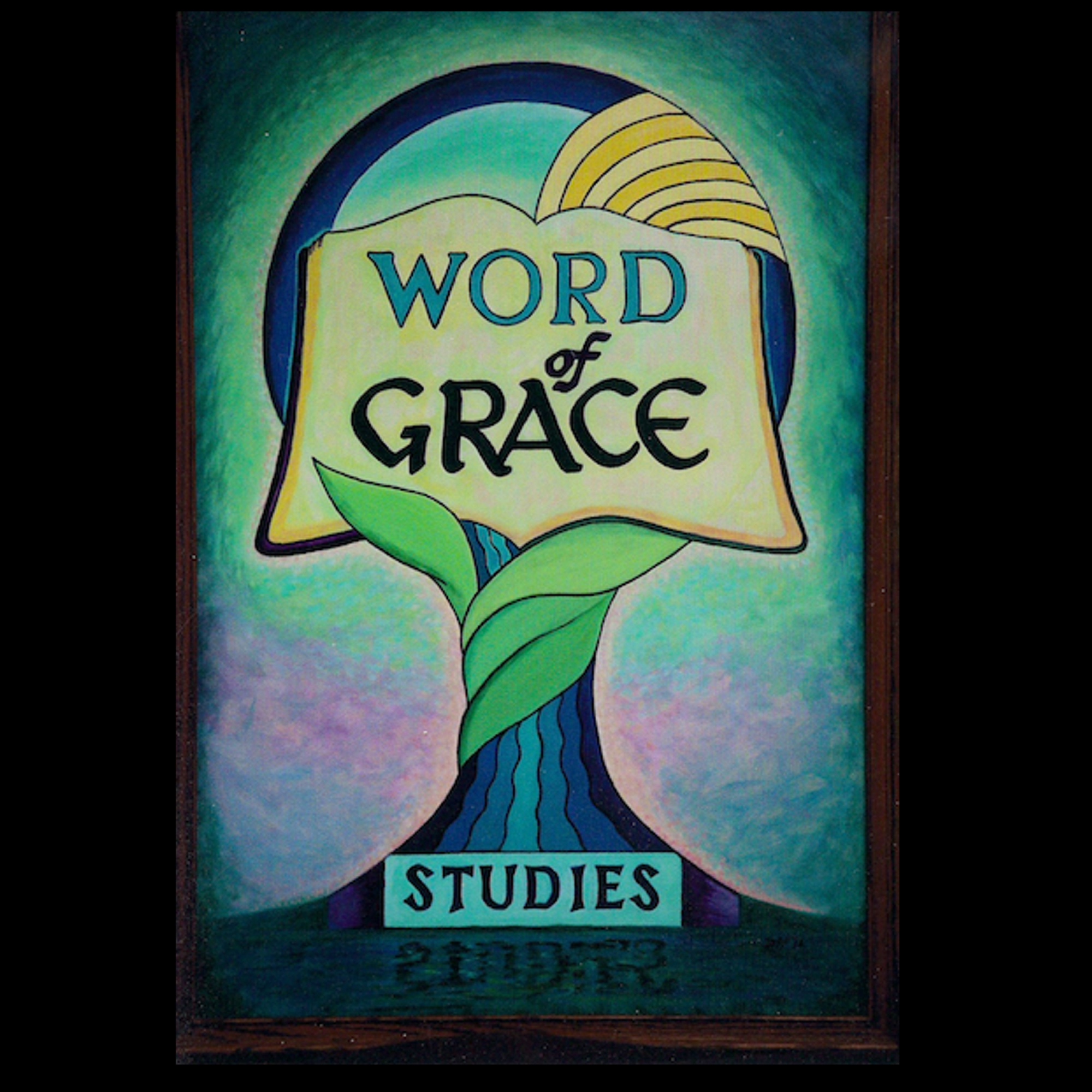Hatred (στυγητός)
Hatred (στυγητός) expresses a despicable or loathsome attitude. It is in contrast to indifference (μισέω), which conveys the concept of not caring about the well-being of others unless it benefits you. Hate is a type of attitude likened to how a storm makes the sky appear in the distance: dark, gloomy, and threatening, Matthew 16:3.
“Hateful”, as an adjective, is only used once in scripture in Titus 3:3. In submitting to rulers and authorities so that we are ready in every good work, we are to put away blasphemy as we seek peace and show kindness to all. Not forgetting that in our former manner of life, we were disobedient, malice, and hateful while being indifferent to others. Since hateful and indifference are used together in the same sentence to describe a person’s attitude and activities, they do not carry the same meaning. This is important to note because many of our English versions translate indifference (μισέω) as hatred, thereby masking the actual meaning of indifference. The apostle John writes concerning those who say they love God but are indifferent to their fellow brother in the Lord. Since they are showing indifference to a fellow saint, they cannot be loving God, 1 John 4:20. This is not hatred towards others, but not being concerned about their well-being, for indifference expresses an attitude that is apathetic towards others because you have no particular interest in or concern about them. This cloaking in the meaning of indifference also impacts the saint’s understanding of the world system, for it does not have a loathsome or despicable attitude towards Christians; rather, it is indifferent to them. Therefore, the world system has no issue with using Christianity and Christians for its […]
Three Times – Do You Love Me
After the resurrection of Christ, during His third appearance to the disciples He spoke with Peter about tending to those who would become Christians.
Therefore, when they had eaten, Jesus said to Simon Peter, “Simon of Jonah, do you love Me more than these? – John 21:15
Peter, along with some of the other disciples, went back to their fishing business after Christ’s death. However, Christ did not stay in the grave, for He was righteous and therefore God raised Him three days later, just as the Scripture stated. As they come to this realization, Jesus visits them multiple times, showing undeniable proof that He was raised. However, it was not time for the Kingdom to come in, now was the time of Grace. When the disciples realize the reality of what happened they begin to spread the word of the resurrected Christ. Peter, who had denied Christ because Satan persuaded him to be a coward, of which Peter was not, needed to be restored, so Jesus specifically speaks to him about caring for other saints.
In response to Jesus asking Peter if he loved Him more than fish, Peter replies, “he said to Him, ‘Yes, Lord, you intuitively know that I am fond of you.’” Jesus then instructed him to feed His lambs. This word used for lamb is actually one specifically used of those who are prepared for slaughter. As, unknown to the disciples at this time, persecution was going to come upon the Church because they were speaking the truth.
Jesus then asks Peter again if he loves him.
He said to him again a second time, “Simon of Jonah, do you love me?” He said to him, “Yes, Lord you intuitively know that I […]

